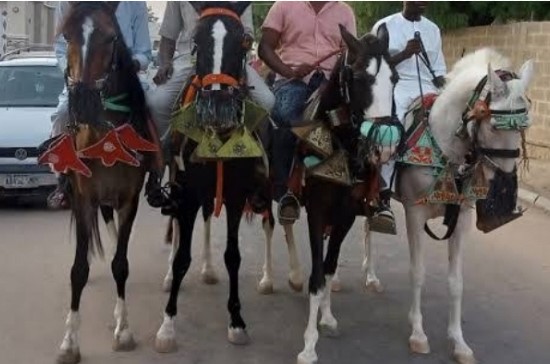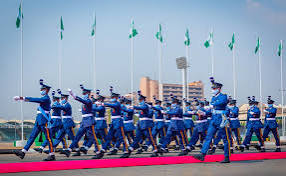In the wake of the recent fuel price increase, residents and civil servants in Borno State have been forced to explore alternative modes of transportation.
A tour of Maiduguri, the state capital, revealed a significant shift away from private vehicles, with more people opting to walk, ride horses, bicycles, and tricycles instead.
The increased cost of mobility has left many commuters with no choice but to pay almost double the previous fare for tricycle rides. Dadoon Pam, a graphic designer, expressed his frustration, stating that the price hike has affected his business, as he now has to charge clients more to compensate for the increased fuel costs.
Retired customs officer, Tuja Mai Abba, has abandoned his vehicle in favor of commercial tricycles, citing cost savings for short-distance trips. However, he criticized the government’s handling of the fuel subsidy and availability, describing it as confusing and affecting him greatly.
The fuel price increase, which saw prices soar to N855, N918, and higher per liter at NNPC stations across the country, has left many residents in Borno State struggling to cope. As the situation continues to unfold, it remains to be seen how the government will address the concerns of citizens and find a solution to the fuel crisis.





























